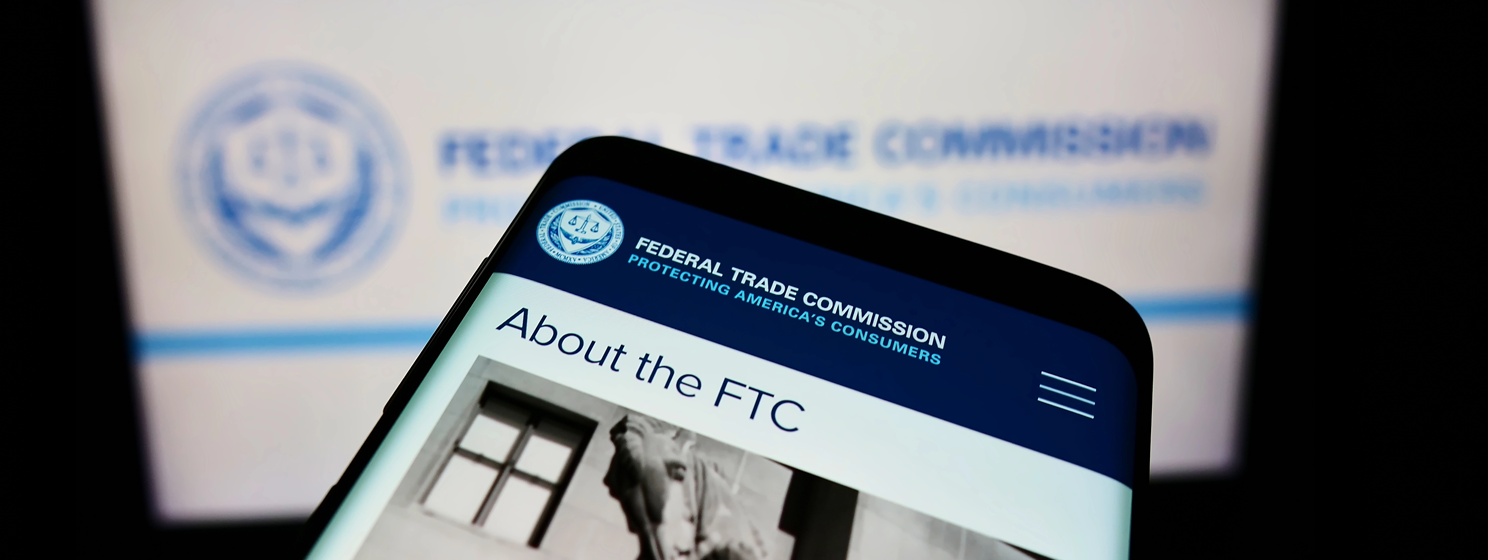|
Getting your Trinity Audio player ready...
|
IPv6 will completely replace IPv4; we are just not sure when it will happen. IPv6 allows for secure peer-to-peer communication across the Internet and between connected devices, propelling the Internet of Things (IoT), 5G, 6G and so many digital innovations forward, thanks to a huge number of unique IP addresses.
September 11, 2024 marked the fourth IPv6 Forum in Sweden, hosted by the Swedish Post and Telecom Authority (PTS), a government body responsible for the areas of electronic communication and mail with a vision of secure and accessible communication for Sweden.
“We at PTS hold an IPv6 forum, which is a meeting place for all actors affected by IPv6. Here, we exchange experiences and propose measures with the goal of increasing the introduction of IPv6 addressing in Sweden. The meetings are held a couple of times a year,” read the PTS website.
“Internet Protocol version 6 (IPv6) is the future-proof generation of IP addresses. We at PTS recommend you, as a decision maker, to introduce IPv6 as soon as possible if you have not already done so. It is needed for digitization and communication to function in the best way in the future,” it says.
The IPv6 Forum earlier this month included five presentations from experts in the space, including Telenor Connexion, Tele2, Volvo Car Corporation (NASDAQ: VLVOF), ISOC-SE and Latif Ladid of Global IPv6 Forum.
“We had the first IPv6 Summit in Sweden back in 9.11.2001. Sweden has a vibrant v6 community backed now by the Swedish Telecom Regulator in the capable hands and ´smooth operator’ Joakim Stralmark at PTS to motivate the v6 community in the right path,” Ladid shared with CoinGeek after the event.
“Many famous P2P apps were invented in Sweden, so v6 restoring the end-to-end model is a present to the Swedish P2P smart community to innovate the Internet and take it where it has not gone before,” he said.
“Sweden has reached 95% of Internet penetration [and] ranked 4th in Europe. The IPv6 penetration is at 33% but should have been 50% if one ISP had been fixing his access,” Ladid explained.
“The 120 people attending in-person and online are aware of the importance of the deployment of IPv6 in this vibrant country known for its leadership in new technologies,” he added.
During Ladid’s presentation, he covered all technology generations and their uptake of IPv6, including Web3 and the upcoming Metanet, IoT, 5G/6G, cloud computing, P2P, cybersecurity and blockchain.
By harnessing blockchain, IPv6 and artificial intelligence (AI) tech, the Metanet is an economically integrated online system that enables instant micropayments, leading to the development of a more inclusive and dynamic Internet.
Within the Metanet, all data online can be monetized via micropayments, but only when using a blockchain protocol such as BSV that scales unboundedly to keep transaction costs low and meet demands.
IPv6 is also a key part of Metanet as it enables unique IP addressing for the 125 billion IoT devices that are anticipated to be online by 2030. IPv6 will restore a peer-to-peer network, the original vision of the Internet, and also the original vision of Bitcoin, as stated in the Bitcoin white paper.
Watch: Blockchain, IPv6, AI & 5G will pave the way for the new Internet

 09-16-2025
09-16-2025 





